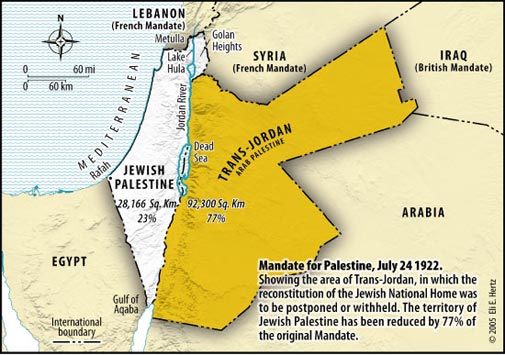Israeli Prime Minister Benjamin Netanyahu incredibly appears to have committed a major blunder in announcing his cabinet’s decision on 25 November 2009:
“ authorizing a policy of restraint regarding settlements which will include a suspension of new permits and new construction in Judea and Samaria for a period of ten months.”The statement further elaborated on this offer by clarifying that :
“..this suspension will not affect construction currently underway. It will not include the schools, kindergartens, synagogues and public buildings necessary for the continuation of normal life over the period of suspension. Obviously, any infrastructure that may be needed to protect our national security or to safeguard the lives of our citizens will also be provided during this time. … We do not put any restrictions on building in our sovereign capital."Nowhere in the Prime Minister’s statement is there a cut off point for the Palestinian Authority to accept Israel’s offer before it is deemed to be withdrawn.
It seems that this offer is to be kept on foot for ten months during which period the Palestinian Authority will be given the time to decide whether it will enter into negotiations or not.
The Palestinian Authority is clearly not happy with the limited suspension of building activity set out in Mr Netanyahu’s statement and is trying to get America to pressure Israel into making further concessions before agreeing to enter into negotiations.
Y NET News reported the following on 25 November:
“Chief Palestinian negotiator Saeb Erekat said that Prime Minister Benjamin Netanyahu’s statements do not constitute a progress which will enable the Palestinians to resume negotiations. Erekat claimed the move was unsatisfactory.If the Palestinian Authority eventually decides to enter into negotiations with Israel in say seven months time, that will leave only three months to complete those negotiations. What will happen at the end of those three months if such negotiations have not been finalised? Will further extensions have to be granted by Israel to keep the negotiations alive?
Presidential spokesman Nabil Abu Rudeina said that the resumption of negotiations requires total cessation of settlements in the West Bank and Jerusalem. "We will not accept any arrangement in which Jerusalem is not part of the proposal," Abu Rudeina said."
Mr Netanyahu’s statement goes on to say:
“When the suspension ends, my government will revert to the policies of previous governments in relation to construction.”This would appear to clearly indicate that if the Palestinian Authority does not enter into negotiations in ten months the moratorium period is over.
However if Israel were not to extend the moratorium period once the negotiations had begun - it would soon be branded as irresponsible and the prime cause of any breakdown in negotiations by unreasonably refusing to extend the moratorium period to enable the negotiations to continue.
The longer the negotiations continue the greater the pressure on Israel to extend the moratorium period to allow those negotiations to be finalized.
Since the parties have been negotiating for sixteen years without any result it would not be too unrealistic to assume that the Palestinian Authority could enter into negotiations within the next ten months and thereafter indefinitely delay the end of the moratorium period.
What Israel should have done is make it quite clear that:
1. The Palestinian Authority was to be given until 25 December 2009 to enter into negotiations with Israel.Israel appears to have fallen into a trap of its own making. It urgently needs to clarify the intent and meaning of its statement and remove any ambiguity as soon as possible.
2. If negotiations were commenced within that time then the moratorium period would be extended until 25 September 2010
3. If negotiations were not concluded by 25 September 2010, no extension of the moratorium period would be granted as a condition of the negotiations continuing.
